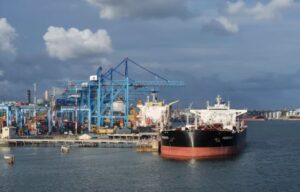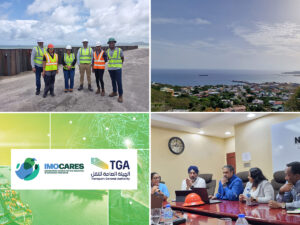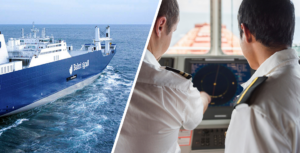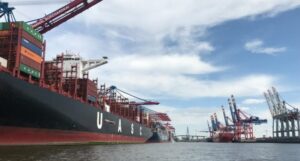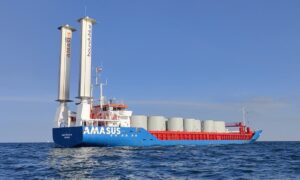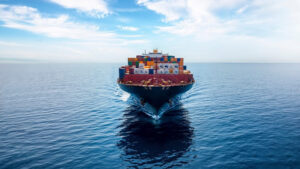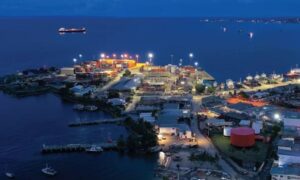Unlocking developing countries’ potential in the era of transition
Maritime stakeholders are turning their attention to developing countries to support a just energy transition and bridge the existing gap.
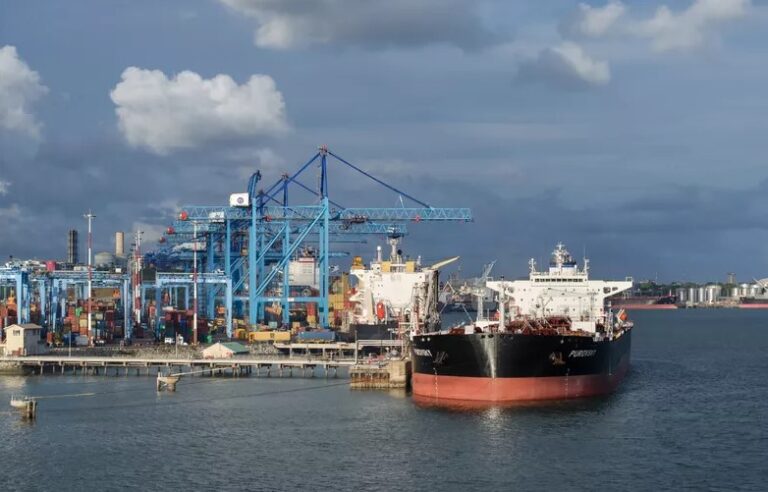
To enable a global energy transition, emerging economies are expected to play an important role in the future.
However, it is clear that developing countries cannot fund their clean energy projects alone and require international investment. Without international funding, developing countries remain dependent on fossil fuels.
The International Maritime Organization (IMO) is advancing concrete measures to decarbonize shipping, while aiming to shield small island developing states (SIDS) and least developed countries (LDCs) from any potential negative impacts on their economies.
At the world’s first Global Supply Chain Forum, organized last week by UN Trade and Development (UNCTAD) and the Government of Barbados in Bridgetown, IMO Secretary-General Arsenio Dominguez named decarbonization as one of two major challenges currently facing the maritime industry, along with geopolitics.
Although attacks on commercial vessels in the Red Sea are affecting the industry’s efforts to cut emissions, the industry seems to remain resilient. Dominguez emphasized IMO’s work on setting legally binding technical and economic measures to cut emissions, which are due for global adoption in late 2025 as part of the 2023 IMO Strategy on Reduction of GHG emissions from ships.
“We’re focusing on the positives. We’re working with other sectors, particularly the energy sector, to see how they can develop and supply energy at a price that will not create a negative impact on states, and particularly small island developing states,” Dominguez said.
Focus on SIDS and LDCs
The Global Supply Chain Forum focused on key issues such as financing, trade facilitation, transport connectivity, digitalization, climate action, and preparing developing countries for the energy transition in international transport.
In the margins of the forum, IMO and UNCTAD organized various side events that promoted decarbonization of the maritime transport sector for SIDS and LDCs in the Caribbean and beyond.
The first panel session focused on ‘Climate change mitigation and energy transition’, highlighting the opportunities and challenges for green shipping in the Caribbean region and for SIDS in general. Participants explored the underlying needs and gaps SIDS face and how these can be tackled through initiatives such as access to technology in the Global South, cooperation among all actors in the maritime supply chain, and appropriate training to seafarers and maritime workers on the handling of zero or near-zero GHG emission fuels.
A second session on ‘Unlocking opportunities for green shipping in the Caribbean’ explored how Caribbean SIDS could take advantage of potential benefits while mitigating the costs of the energy transition, which are usually translated into higher maritime logistics costs.
Related Article
-
It’s time for the rise of Global South in maritime decarbonization
Outlook & Strategy
Discussions delved into practical solutions, such as building an enabling environment for the production and bunkering of zero or near-zero GHG emission fuels, mainstreaming IMO regulations into national legislation, and narrowing technology and infrastructure gaps.
IAPH’s new study to explore energy-related port investments in developing countries
The International Association of Ports and Harbors (IAPH) has commissioned a study to investigate energy-related port investments in developing countries.
The study is to be presented to the Intersessional Working Group and submitted ahead of IMO’s 82nd Marine Environment Protection Committee session later this year.
“After the summer ahead of the next Marine Environment Protection Committee (MEPC 82) at the IMO, we expect exploratory discussions to take place at the Intersessional Working Group on Greenhouse Gas Emissions on the topic of a market-based measure. As a contribution to this process, IAPH has commissioned a study that will look at identifying potential energy-related investments that will be required in port infrastructure of developing countries to reflect the updated 2023 IMO Strategy on Reduction of GHG Emissions from Ships,” Patrick Verhoeven, Managing Director, commented.
To include selected countries from Africa, South America, the Indian Subcontinent, Asia and the Pacific Islands Region, the study will entail establishing and quantifying the type of infrastructure required to ensure their inclusion in the energy transition of shipping.
IAPH also announced that the upcoming IAPH 2024 World Ports Conference in October 2024 will touch upon the topic of how ports – from developing and developed nations – are building secure and sustainable solutions to meet the decarbonization ambitions of the IMO encompassing the whole end-to-end maritime supply chain.

